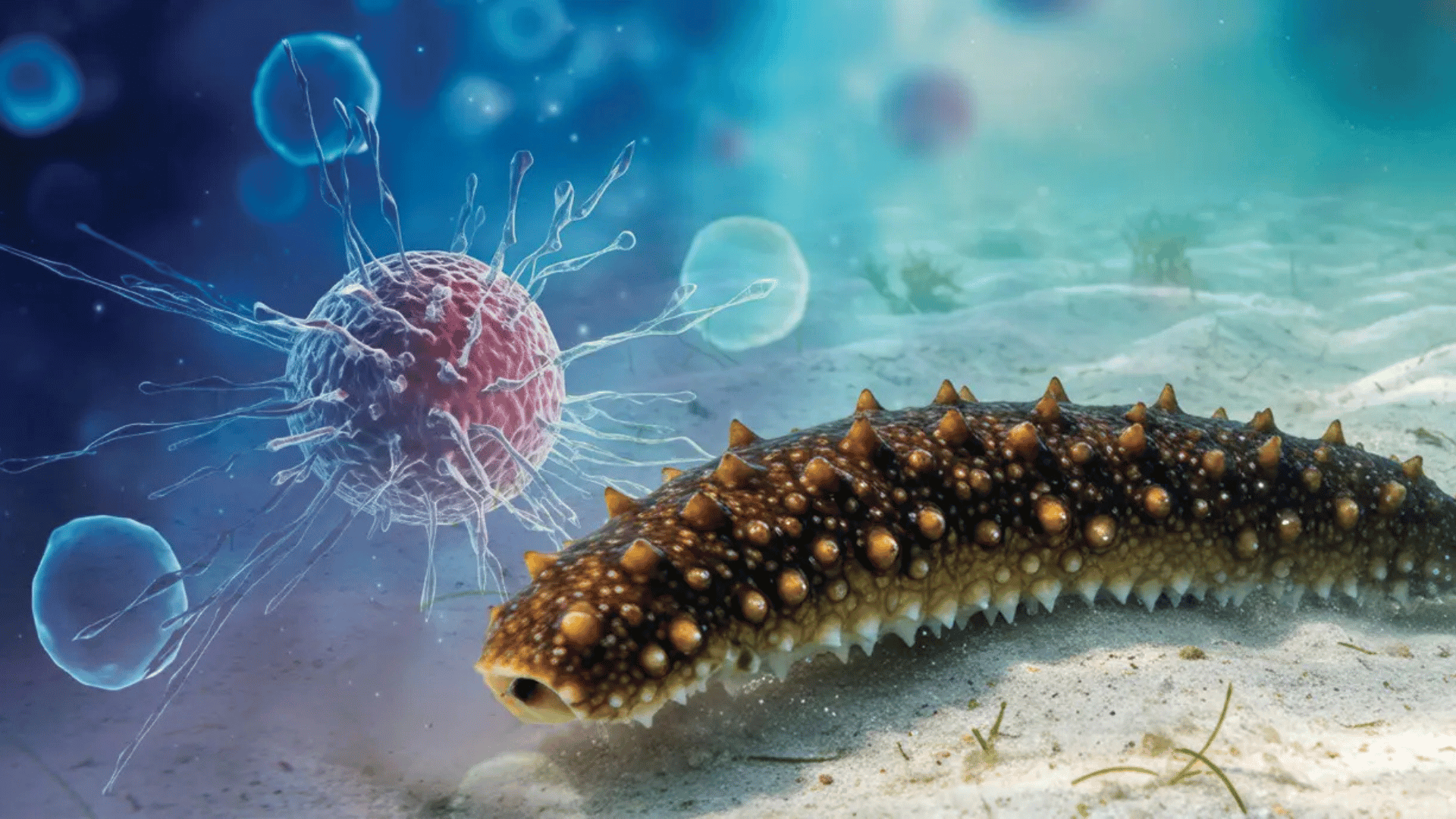Sea cucumbers, often seen as ocean janitors, clean the seabed of bacteria, microalgae, and sediments. A new study published in Glycobiology shows that a sugar compound called fucosylated chondroitin sulfate, which is produced by sea cucumbers, could slow a specific enzyme that causes the spread of cancer.
Could Sea Cucumbers Stop Cancer Growth?

Originally found in the Florida sea cucumber, the sugar compound blocks Sulf-2, an enzyme that significantly impacts cancer growth. Research previously indicated that Sulf-2 was linked with gastric cancer, lung cancer, breast cancer, and hepatocellular carcinoma (a common liver cancer).
“Marine life produces compounds with unique structures that are often rare or not found in terrestrial vertebrates,” said lead author Marwa Farrag, a doctoral candidate at the University of Mississippi, in a statement. “And so, the sugar compounds in sea cucumbers are unique. They aren’t commonly seen in other organisms. That’s why they’re worth studying.”
Sulf-2 leads to cancer growth because it can be altered by cancer cells, which manipulates tiny structures on the cells that help with immune responses, cell communication, and recognition of threats. Otherwise known as glycans, modifying these structures by the altered Sulf-2 encourages the growth of cancer cells.
According to Discover Magazine, researchers behind the study confirmed that fucosylated chondroitin sulfate could prevent this process from unfolding using computer modeling and lab testing.
“The cells in our body are essentially covered in ‘forests’ of glycans,” said Vitor Pomin, a professor of pharmacognosy at the University of Mississippi, in a statement. “And enzymes change the function of this forest – essentially prunes the leaves of that forest. If we can inhibit that enzyme, theoretically, we are fighting against the spread of cancer.”
Another benefit of using this sugar compound as opposed to other cancer medications is that it doesn’t interfere with blood clotting and doesn’t carry risks of transferring harmful agents like viruses. Though this method is limited by the scarcity of sea cucumbers due to overharvesting, researchers are hoping to synthesize the compound for future testing.








